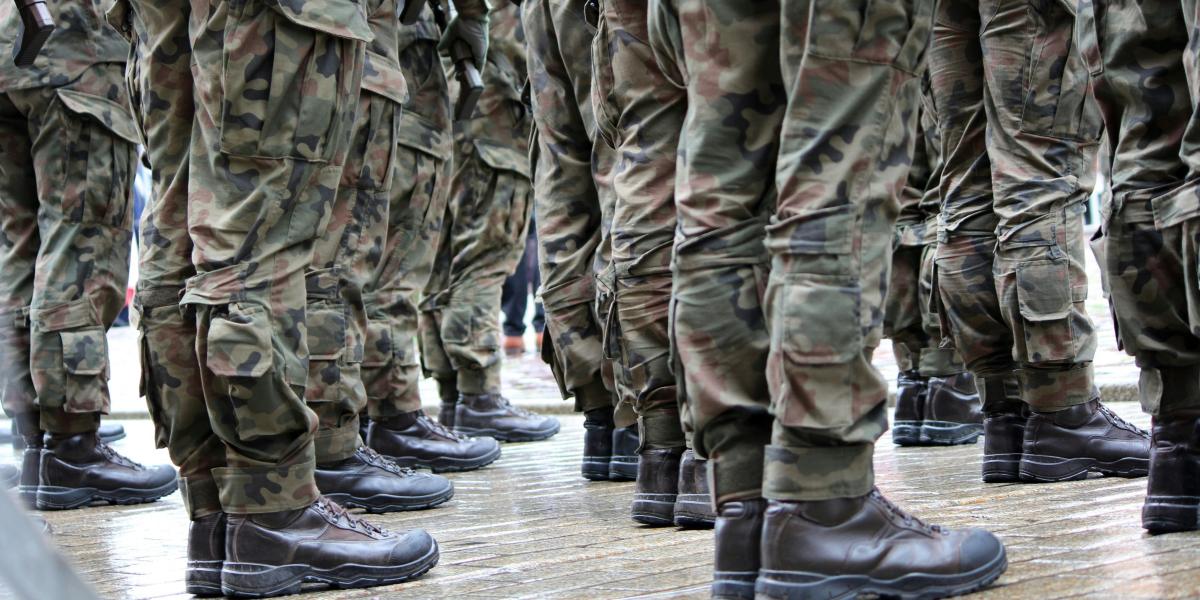Each year, thousands of veterans transition from military to civilian life, bringing with them a powerful combination of discipline, leadership, and mission-driven focus. Their experiences in high-pressure circumstances often position them for success in a variety of industries. As businesses seek adaptable talent capable of navigating complex challenges, veterans can offer a track record of performance, teamwork, and resilience. They are not only skilled professionals but also natural leaders who understand the value of structure, accountability, and purpose.
According to Jaime Irick, companies that invest in veteran talent may witness stronger team dynamics, improved decision-making, and a culture grounded in integrity. By recognizing and supporting the integration of veterans into the workforce, organizations have the potential to unlock a pool of individuals who can contribute to leadership, inspire others, and help drive outcomes across multiple sectors. In fields like manufacturing, defense contracting, and emergency services, veterans are already significantly represented and continue to grow in influence.
Leadership Traits from Service
Military leadership is built on a foundation of accountability, structure, and decisiveness. Service members are trained to lead by example, often under high-stakes conditions where hesitation could have severe consequences. This ingrained sense of responsibility can translate well into business environments that value clear direction and high performance. Their leadership presence tends to inspire confidence and encourage others to step up.
In the military, time is treated as a critical resource. Veterans understand how to prioritize, delegate, and execute with precision—skills that can be indispensable when managing corporate teams or delivering projects on tight deadlines. Their approach to leadership is both disciplined and adaptable, shaped by constant exposure to real-world challenges. When combined with their ability to remain calm under pressure, these traits can help foster a stable and productive work culture.
Applying Military Experience in Business
The structured thinking developed through military training often results in strong strategic planning in the business world. Veterans are used to setting clear objectives, aligning teams, and executing plans with efficiency—even when circumstances shift unexpectedly. Their familiarity with contingency planning equips them to pivot quickly without losing sight of the end goal.
During times of crisis or rapid change, companies often benefit from leaders who can think quickly and adapt without losing focus. Veterans are no strangers to volatile situations, and their ability to stay composed under stress makes them reliable anchors in uncertain markets.
In team settings, their leadership style typically promotes cohesion and accountability. Whether managing a small unit or coordinating across departments, veterans regularly demonstrate an ability to unify parties toward a common goal.
Examples of Veteran Business Leaders
Across industries, veteran leaders have demonstrated how military values can shape effective business practices. From CEOs of Fortune 500 companies to founders of fast-growing startups, many have drawn upon their service backgrounds to navigate complex markets and build resilient organizations.
A former Navy officer might lead a logistics firm with operational precision, while an Army veteran could drive innovation in tech through mission-focused leadership. These individuals often credit their military experience with instilling the confidence and clarity needed to make bold yet calculated decisions in competitive industries. Their stories reflect a consistent pattern: a commitment to service, a focus on team success over individual gain, and an ability to lead through uncertainties.
Value for Employers
Hiring veterans brings more than just technical proficiency—it offers a mindset centered on accountability, reliability, and purpose. Companies tend to benefit from employees who are trained to meet objectives, work efficiently in teams, and remain calm under pressure. Their presence may also enhance cross-functional collaboration and operational consistency.
Veterans also contribute to a stronger workplace culture. Their commitment to structure and integrity often raises performance standards across departments. Organizations looking to enhance team cohesion and leadership depth may find veterans to be natural fits for roles that require trust and initiative. Their sense of duty and dedication can inspire their colleagues to operate at a higher standard.
Supporting Veteran Integration
Helping veterans adjust to corporate life requires more than just onboarding—it involves mentorship, clarity in expectations, and a culture that values diverse experiences. Businesses that commit to these areas often see higher retention and greater engagement from veteran hires.
Creating pathways for growth, offering peer networks, and recognizing the unique perspectives veterans bring can transform the workplace. When veterans feel supported, they not only adapt quickly but often emerge as key contributors to innovation and leadership. Programs that match veterans with experienced mentors may help bridge the gap between military structure and corporate flexibility, allowing them to thrive in new backdrops.









